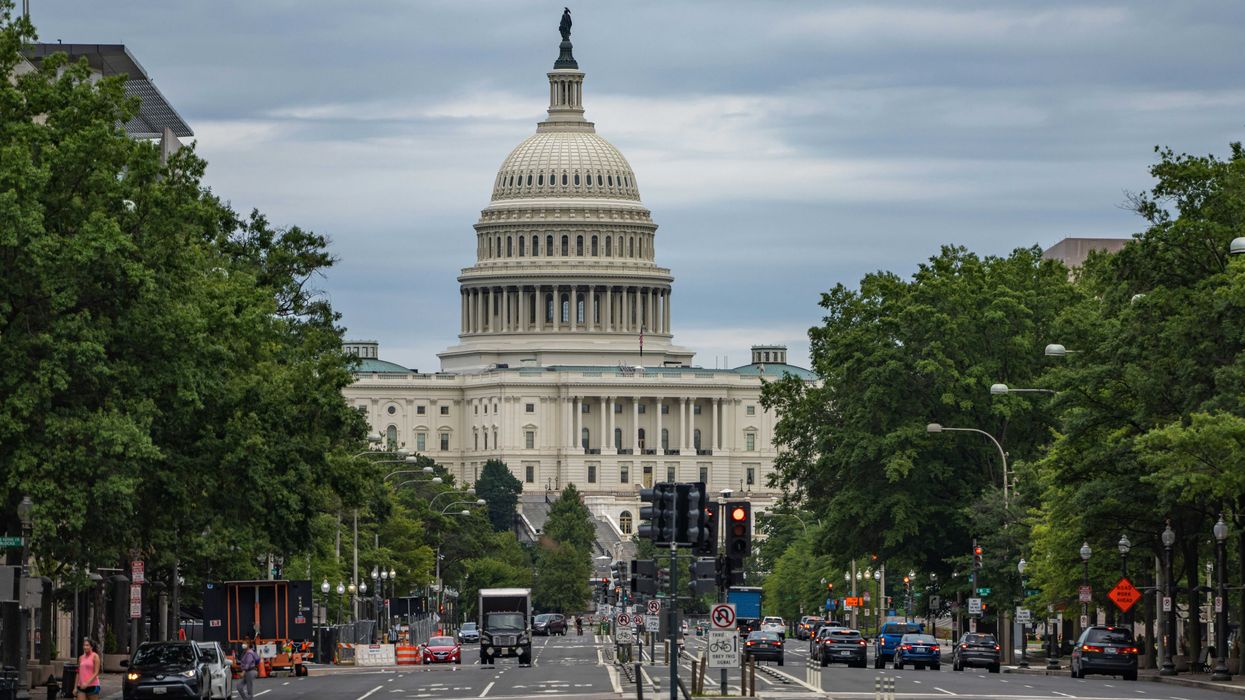Pesticide trade groups are using lobbyists and grassroots networks to delay state laws aimed at curbing PFAS contamination in food and water, citing economic concerns.
Lisa Held reports for Civil Eats.
In short:
- States like Maine and Maryland are attempting to restrict PFAS in pesticides due to health risks like cancer and liver damage.
- CropLife America and RISE, industry trade groups, employ local lobbyists and farmer networks to resist these regulations.
- Maine delayed the phaseout of PFAS in pesticides after industry lobbying, and more exemptions may arise in upcoming legislative sessions.
Key quote:
“We should really think about farmworkers who are spraying the pesticides. We should think about the neighbors of the farmers who depend on clean water like we all do. All of us are dependent on a clean food system.”
— Adam Nordell, Defend Our Health
Why this matters:
PFAS, or “forever chemicals,” persist in the environment and have severe health consequences. While some states are acting to protect public health, industry pushback may stall progress, prolonging contamination risks for farmers, consumers and communities.
Read more: Michigan farm's struggle could illuminate PFAS pollution solutions














